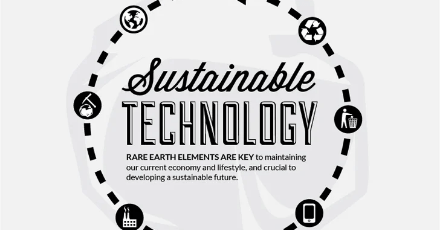 Greening is good! As sustainability and population growth continue to shape the global corporate realm, businesses coming from various industries are also expected to adjust with the trend. In particular, the food sector can make significant contributions in reducing resource consumption, wastage and carbon footprint.
Greening is good! As sustainability and population growth continue to shape the global corporate realm, businesses coming from various industries are also expected to adjust with the trend. In particular, the food sector can make significant contributions in reducing resource consumption, wastage and carbon footprint.
As the global population continues to balloon, the need to produce more food becomes inevitable. Everyone, including the government, businesses and common individuals alike need to focus on making use of the planet’s natural resources in an efficient manner, and manage the environmental impact of food manufacturing, operations, and retail. In fact, a report from “Food Wastage Footprint: Impacts on Natural Resources”, found that one-third of all the world’s food is wasted every year at enormous economic and environmental cost. It is therefore crucial that the sector, as well as its stakeholders do its part in being responsibly green in their own way.
“All of us – farmers and fishers; food processors and supermarkets; local and national governments; individual consumers – must make changes at every link of the human food chain to prevent food wastage from happening in the first place, and re-use or recycle it when we can’t,” said José Graziano da Silva, director-general of the Food and Agriculture Organization in Rome.
But beyond reducing food wastage, how can businesses engaged in food production efficiently use natural resources and reduce carbon footprint? Here are some examples:
Greening the product!
Food manufacturing giant, General Mills, has recently committed to sustainably source 100 percent of 10 ingredients by 2020. These ingredients are oats, wheat, corn, dairy, fiber packaging, cocoa, vanilla, palm oil, sugar cane and sugar beets. These ingredients represent 50 percent of General Mills’ total raw material purchases. The company says it will pursue a range of sustainable approaches including certification, verification, continuous improvement and origin-direct investment.
Take for example the case of McDonalds. After phasing out its iconic clam shell foam hamburger box in 1990 amidst controversy about the environmental impacts of polystyrene, the fast-food chain is already a major purchaser of recycled fiber used in its food containers, bags and napkins. More recently, it has announced that it is replacing its foam coffee cups with paper cups instead.
Greening the process means greening every step of the way!
It is also noticeable that some of the companies in this sector are responsibly driving green initiatives and embedding sustainability into their business objectives and strategies. Their efforts are seen in all, if not in many, of the different facets of their product cycle: from raw material acquisition until it is processed, manufactured & assembled, sold and used and recovered for re-use and remanufacturing.
According to a report released by Oxfam America, the 10 largest food companies worldwide were measured on how they perform on food justice issues such as climate change and transparency. According to the scorecard rankings, Nestlé and Unilever are currently performing better than the other companies. Why? Because they have developed and published more policies aimed at tackling social and environmental risks within their supply chains.
Understanding where to green your process
To achieve a company’s sustainability goals through a step-by-step analysis of the product cycle chain, it is highly recommended that companies invest in product Life Cycle Assessments (LCA). By performing LCAs, sustainability experts can take a macroscopic view of the resource use of the entire product cycle across the value chain and make strategic and tactical recommendations to corporate executives. LCAs are a data-intensive process but only through deriving accurate data, can well-informed decisions be made.
FirstCarbon Solutions (FCS) LCA services go beyond assessing carbon footprint and GHG emissions to encompass water, waste, and a full spectrum of natural resources throughout your supply chain. We’ll help you track and measure the sustainability of all your business inputs and outputs – how much waste you produce, how much water you consume and from where, and in what condition you return it to the environment. And of course, we’ll help you evaluate where you can conserve resources to reduce costs and risks throughout your supply chain – improving both your environmental performance and your profitability. FCS can help companies in the food products sector measure their footpring and trace their supply chains. Click on the link below to request a consultation with our corporate sustainability experts today.






